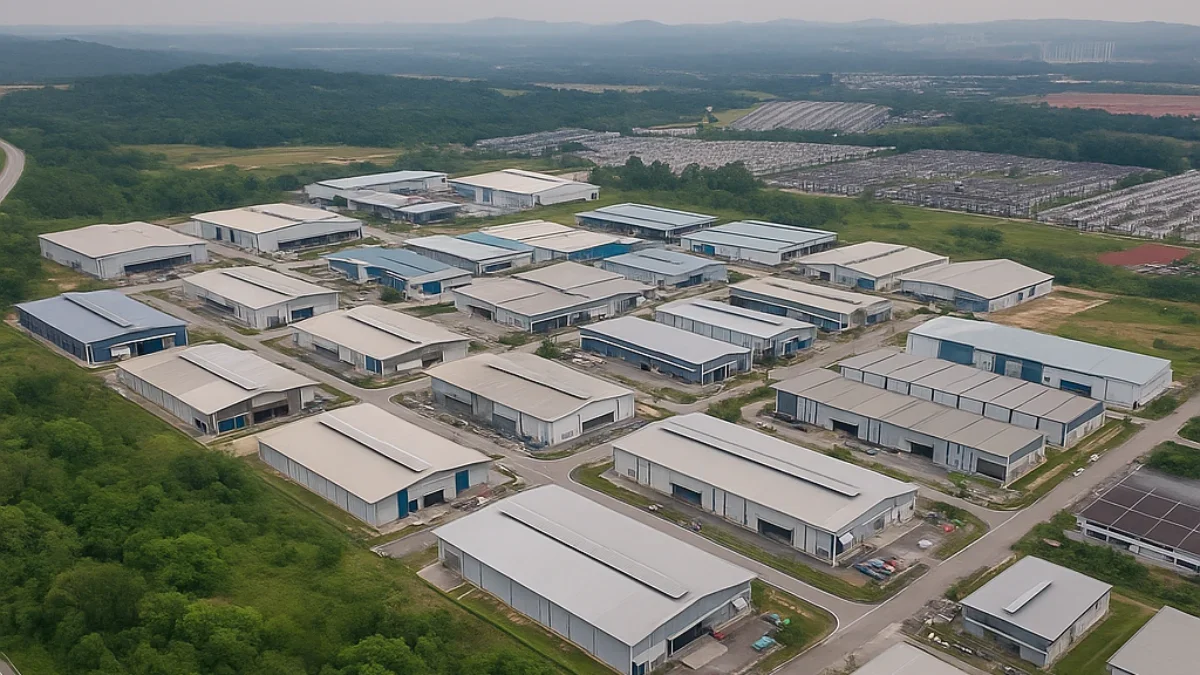Malaysia’s 2025 Budget introduces new incentives and grants that impact property investors, industrial developers, and SMEs. This blog breaks down key highlights and their implications for the real estate market.
What Malaysia’s 2025 Budget Means for the Property Sector
Malaysia’s 2025 Budget delivers targeted support for industrial growth, housing development, and SME expansion — all of which directly influence the property sector. Investors, developers, and business owners should take note of the new tax incentives, infrastructure funding, and business-friendly reforms introduced in this year’s budget announcement.
1. Industrial Incentives & Grants
The 2025 Budget allocates significant funding toward industrial development, including:
- RM3 billion for infrastructure upgrades in industrial parks (utilities, road widening, and broadband)
- Matching grants up to RM5 million for automation and ESG compliance upgrades in factories
- Enhanced tax incentives for companies relocating operations from overseas (China Plus One strategy)
Impact: Industrial land and factory units in zones like Johor, Selangor, and Penang may see rising demand and higher values, particularly in Free Industrial Zones and MSC-certified areas.
2. SME-Friendly Property Measures
To encourage SME expansion into formal commercial spaces, the government introduced:
- Stamp duty exemptions for SMEs purchasing commercial properties below RM2 million
- RM1 billion SME facility fund for renovation, equipment, and relocation costs
- Special lease-to-own schemes for business premises under MARA and PUNB
Impact: This is expected to stimulate demand for shop lots, terrace factories, and strata commercial units in business parks and suburban growth corridors.
3. Affordable Housing & Urban Redevelopment
- RM2.5 billion allocated for affordable housing projects (PR1MA, PPA1M, Rumah Mesra Rakyat)
- Urban renewal incentives for private developers who redevelop aging buildings and brownfield sites
- Digitalization funds to enhance strata title issuance and e-land management
Impact: These moves may benefit contractors and developers working in high-density urban areas like KL, Johor Bahru, and Penang Island.
4. Green Building & ESG Tax Relief
In line with Malaysia’s Net Zero Carbon goals, the budget includes:
- Green Investment Tax Allowance (GITA) for certified buildings and energy-saving systems
- Tax deductions up to RM500,000 for solar installations, insulation upgrades, and smart meters
- Support for ESG-compliant developments via low-carbon building index incentives
Impact: Industrial developers can now improve their project ROI by incorporating green elements and qualifying for these reliefs.
5. Real Property Gains Tax (RPGT) Unchanged
The RPGT structure remains the same in 2025. However, the government will intensify enforcement on underdeclared property values and related-party transactions.
Conclusion
The 2025 Budget reinforces Malaysia’s push toward industrial modernization, SME empowerment, and green real estate practices. For investors, this means stronger fundamentals across the industrial and commercial sectors, especially in growth corridors with government support.



